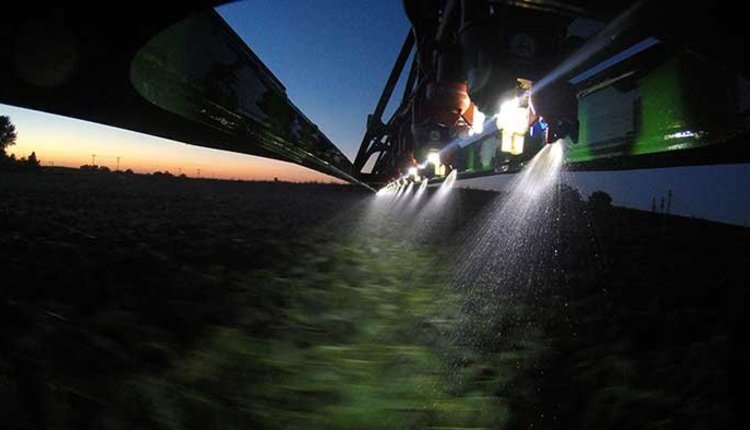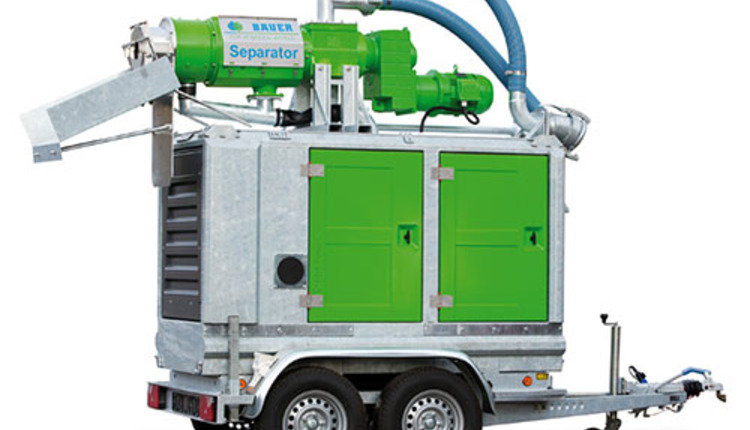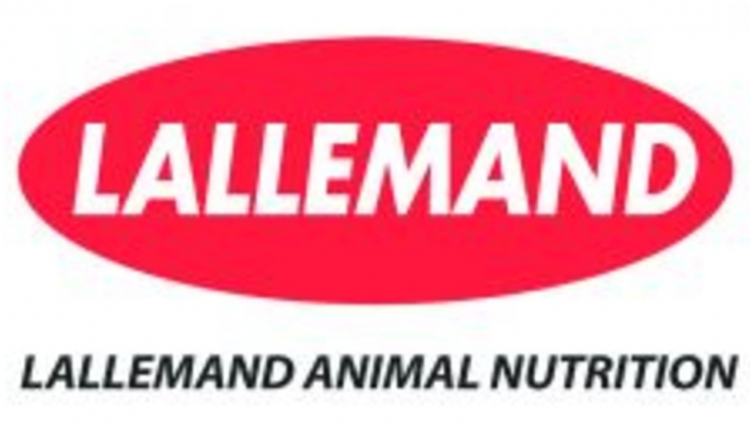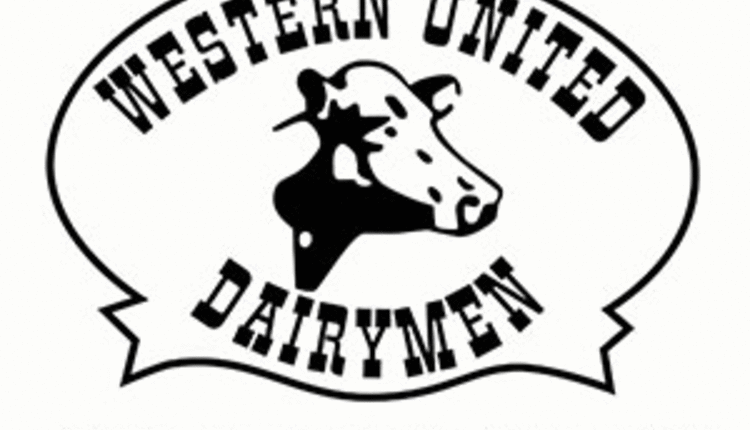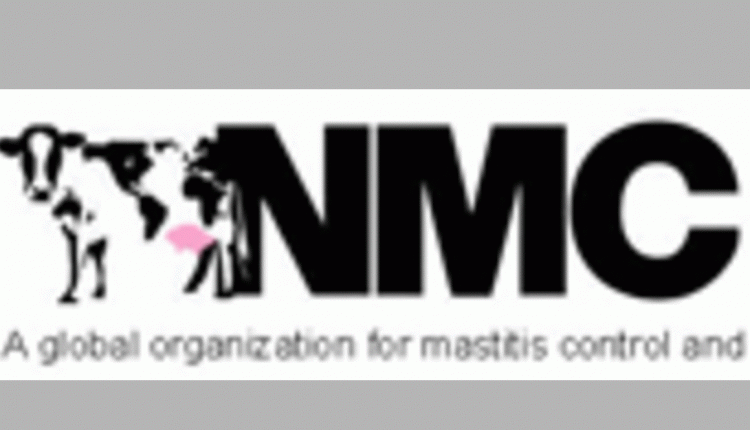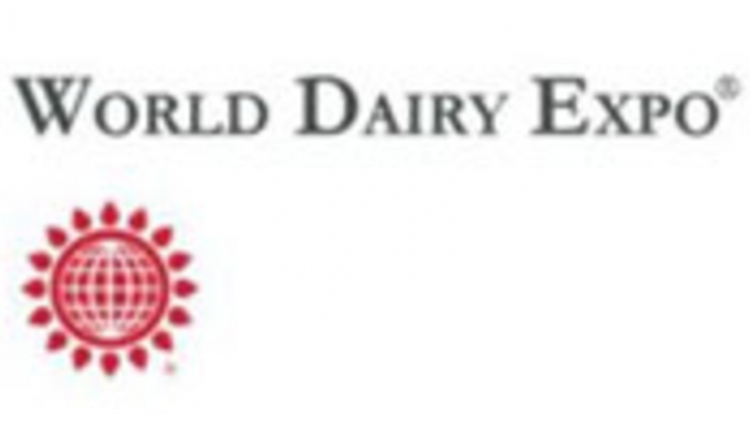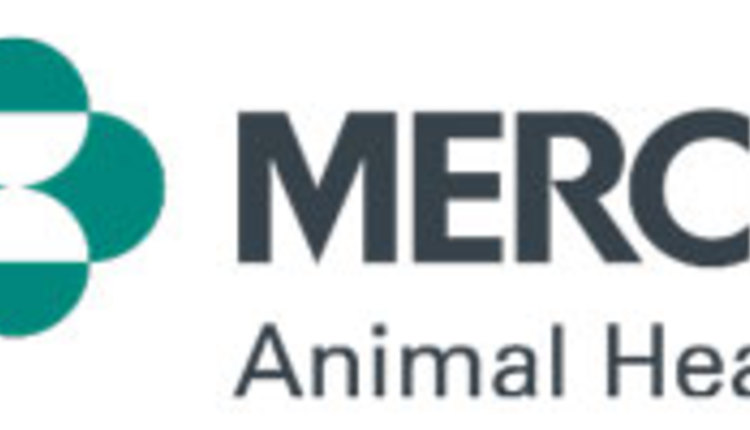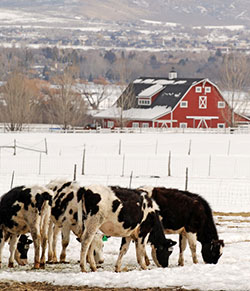 Farming has never been easy. For whatever reason, it seems that it wasn't meant to be so. Perhaps it has something to do with the whole by-the-sweat-of-your-brow-you'll-earn-your-bread thing. That being said, it has never stopped us from trying to make work less difficult. We sweat and work hard and innovate so that later on, we won't have to travail so very much. For the farming industry, especially dairy farmers, certain innovative heating solutions that are now on the market can cut down on the effort and costs farmers have to expend in order to safeguard their valuable resources during the colder months.
Farming has never been easy. For whatever reason, it seems that it wasn't meant to be so. Perhaps it has something to do with the whole by-the-sweat-of-your-brow-you'll-earn-your-bread thing. That being said, it has never stopped us from trying to make work less difficult. We sweat and work hard and innovate so that later on, we won't have to travail so very much. For the farming industry, especially dairy farmers, certain innovative heating solutions that are now on the market can cut down on the effort and costs farmers have to expend in order to safeguard their valuable resources during the colder months.Freezing Temperatures and Milk
Everyone knows the saying: don't cry over spilled milk. Well, what about frozen milk? Is that something to cry over? Dairy farmers might not cry over it, but it is a concern, something they have to consider and perhaps worry about. Of course, frozen milk in and of itself may or may not be bad. Freezing milk doesn't chemically alter protein strands or any other component of milk. I can, in extreme cases, alter the flavor of milk if it has already been pasteurized. But even though freezing temperatures won't necessarily ruin your milk, it can pose certain problems nonetheless.
It's best not to let the milk freeze for a couple reasons. The major reason to avoid freezing milk is because, as you very well know, milk contains H2O, which expands when frozen. This means that if freezing temperatures are expected, milk containers can't be filled to the brim. When dealing with thousands of gallons of milk, you need to make the most of each storage unit. So storing milk in freezing weather becomes a dilemma. Due to expansion, frozen milk could cause containers to burst if over filled, and the only remedy to this would be to fill more containers with less milk, but that would also necessitate an extra cost for additional storage units. Another alternative would be to store the milk in a heated environment, like a large, drafty barn, which could be very costly to keep at the proper temperature. Aside from this, as was already mentioned, frozen milk runs the risk of frost bite, and frost-bitten milk isn't going to taste the same once it thaws.
Additional Cold Weather Costs
Dairy farming and freezing temperatures aren't only about frozen milk. In fact, it's only a small part of the problem. There are other concerns that carry equal weight. For example, keeping troughs from freezing is a major dilemma. The amount of time and energy it could take to thaw a frozen trough for your cows is substantial. What's more, dehydrated cows don't produce as much milk. A dairy farmer also has to think about keeping their fertilizer from freezing. Whether you use liquid or solid fertilizer, cold weather can have a detrimental effect on it.
Apart from all this, your vehicles are a top priority too. New regulations on diesel exhaust now include agricultural and other off-road vehicles. This means your diesel exhaust fluid (DEF) is a precious asset now, and DEF doesn't do well in the cold. Add to this the problems associated with propane storage during cold weather and the depletion you'll experience if your tanks aren't guarded against freezing temperatures and you can start to see where an easy-to-use and affordable solution is very much needed.
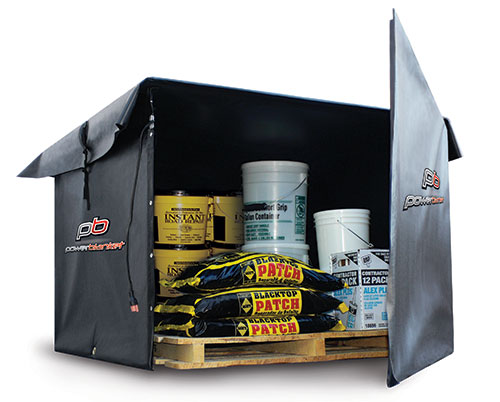
Unfortunately, many farmers are unaware of the simple solutions that exist now, aside from paying the costs of heating a barn or other facility, something you don't want to resort to. Heating a large facility costs a lot of money, and getting that facility to a point where it's capable of holding heat is even more costly. Obviously, for traditional methods of heating to work, it's important to reduce drafts in the enclosures and maintain optimal insulation. The cost of insulation alone can hit the pocket book pretty hard. But thankfully, the dairy farmer doesn't need to worry about any of this. With insulated heating blankets on the market, protecting against freezing temperatures just got a whole lot easier, and more cost effective.
Innovations for the Dairy Farmer
Insulated heating blankets aren't an alternative solution to traditional heating methods. They're a superior one. Because insulated heating blankets protect and heat only what needs it, you don't waste money on heating thin air. These solutions make outdoor storage cost-effective, safe, easy, and efficient. For example, instead of worrying about heating a barn, you can wrap your milk containers in a custom-made heat blanket that can be set to keep your milk at the ideal storage temperature.
Frozen troughs aren't a problem anymore either, not if you're using a custom-built blanket to keep the water from freezing. When it comes to storing your DEF in freezing temperatures, these blankets solve that problem as well. In fact, certain manufacturers have created ready-to-ship DEF storage heaters specifically design for DEF storage units. Propane depletion during the winter months is no longer a problem either. Propane tank heating blankets keep your propane storage at the best temperature for vaporization, allowing you to extract it from the tank consistently and efficiently.
Fertilizer and other palletized products are covered by these blankets too. One such manufacturer offers bulk material warmers that can keep your fertilizer and anything else you can fit in them warm and protected from the cold.
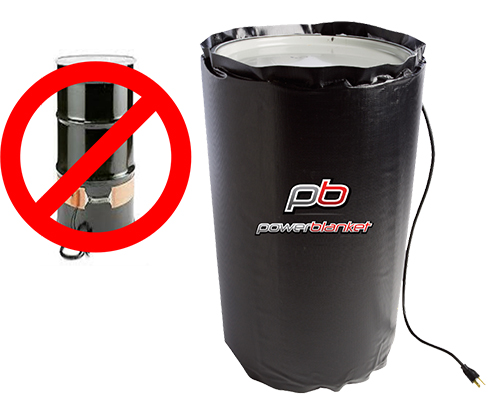
Things to Remember
Technology is on the side of the farmer these days, aiding him or her to do their jobs more efficiently and easier than ever before. It may have been in the past that farming was a back-breaking job, a slave to the whims of Mother Nature. But it's not that way anymore, or at least it doesn't have to be. In the 21st century technology is ever progressing to further help farmers reduce the costs of labor and production, and in our example, heating.
So if you're reading this article and you are a dairy farmer (or a farmer of something else) then it's in your best interests to reconsider how you meet your heating needs. Because it just may, in fact it's very likely to be, that there is a better, cheaper, and more effective way of keeping your most precious assets warm during the frosty winter months.
More about Powerblanket
Powerblanket® started in 2005 in Salt Lake City, Utah with one goal – to solve a myriad of heating problems over a wide range of industries. Featuring patented GreenHeat™ technology, Powerblanket delivers a barrier of uniform, directional heat where it's needed most – preventing freezing and maintaining optimal temperatures. This innovative heat-spreading technology insulates, protects, and maintains heat in a wide variety of applications. Discover how Powerblanket GreenHeat™ Technology can dramatically improve your output…and bottom line. For more information about Powerblanket, visit www.powerblanket.com.
3.12.2016
